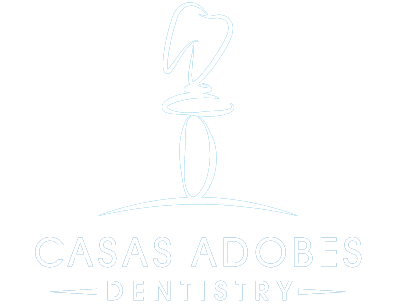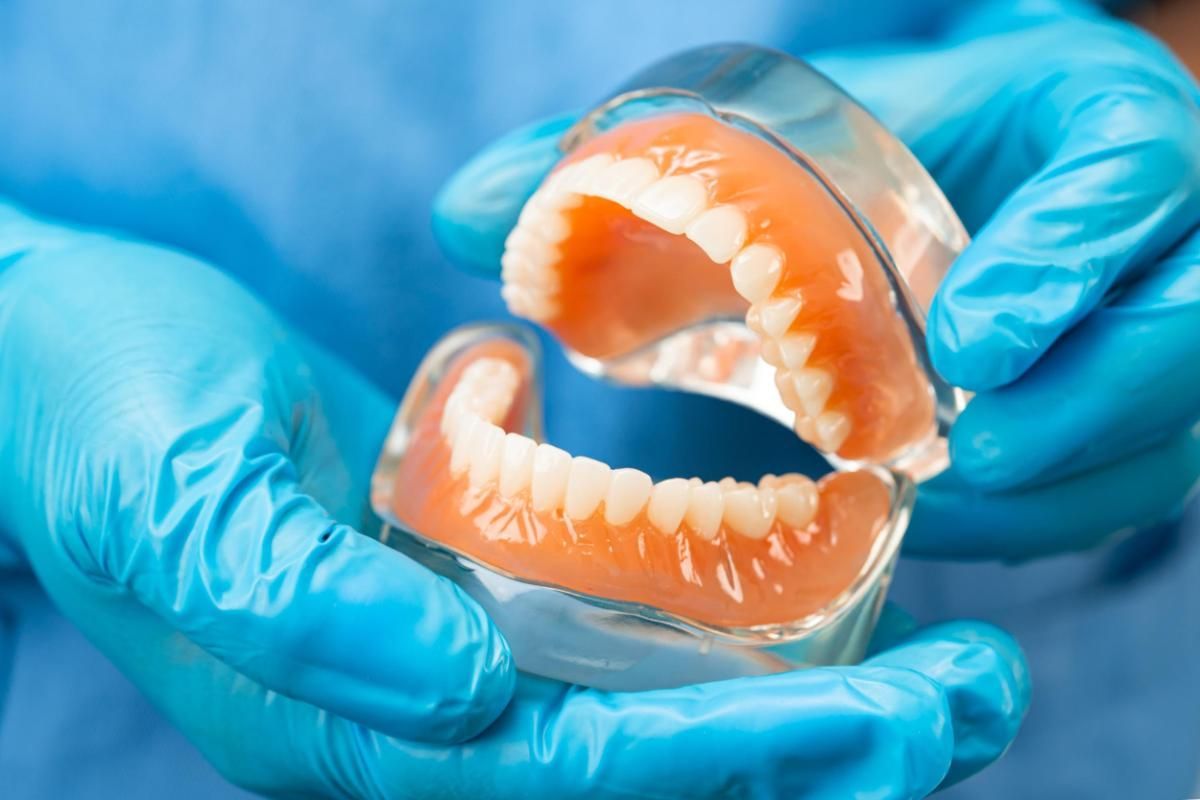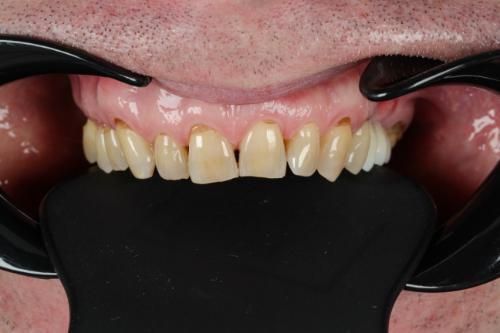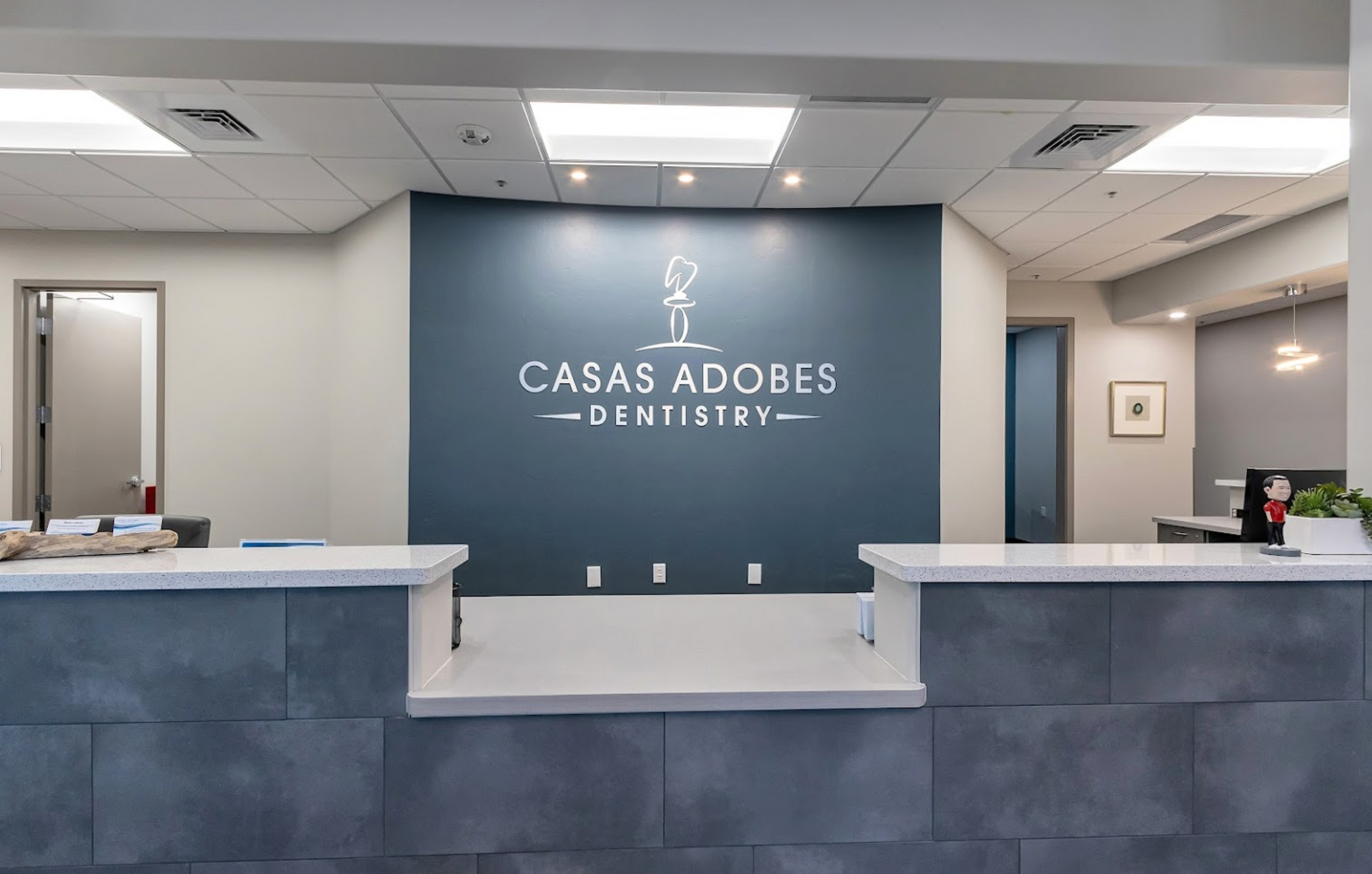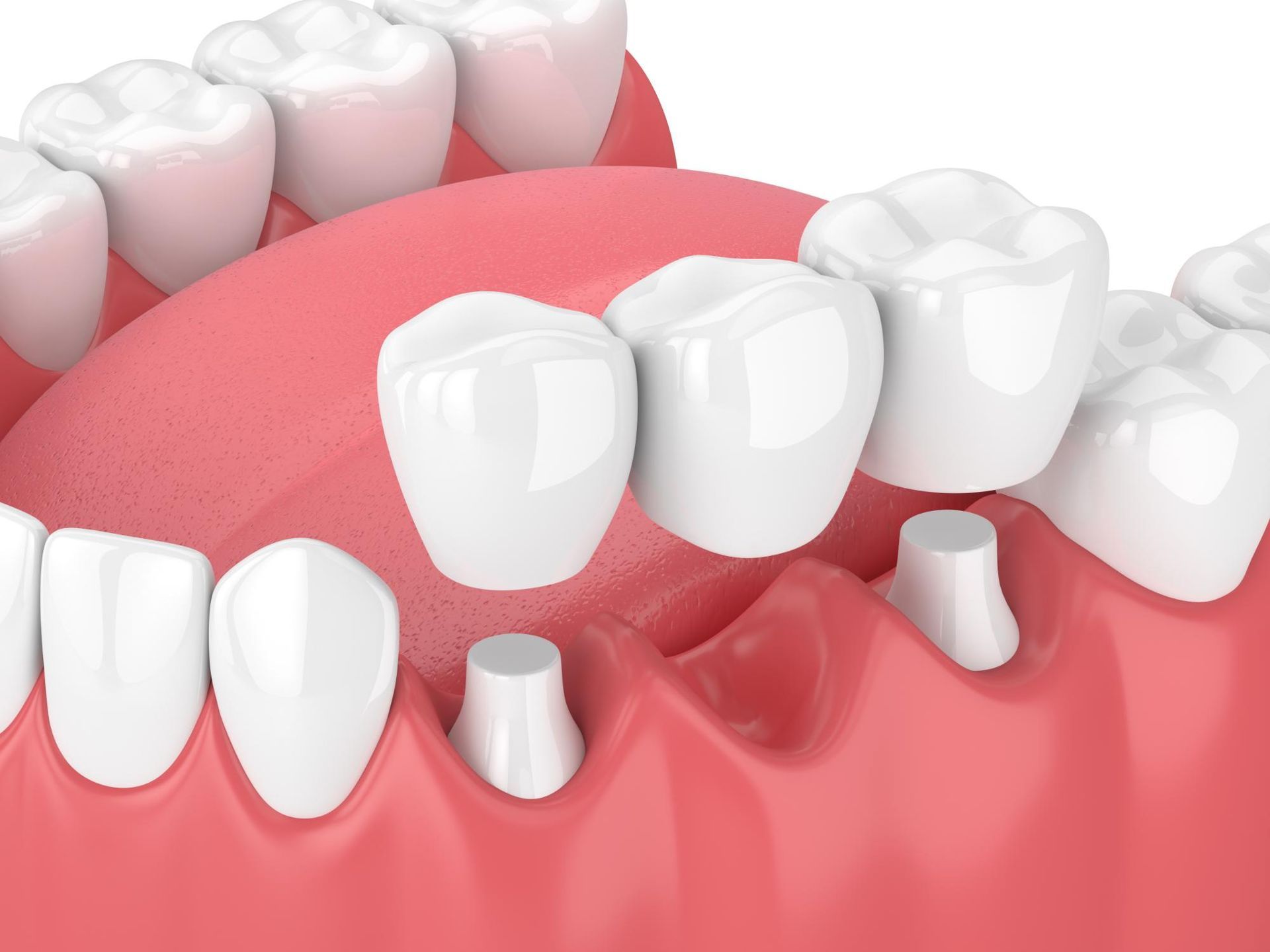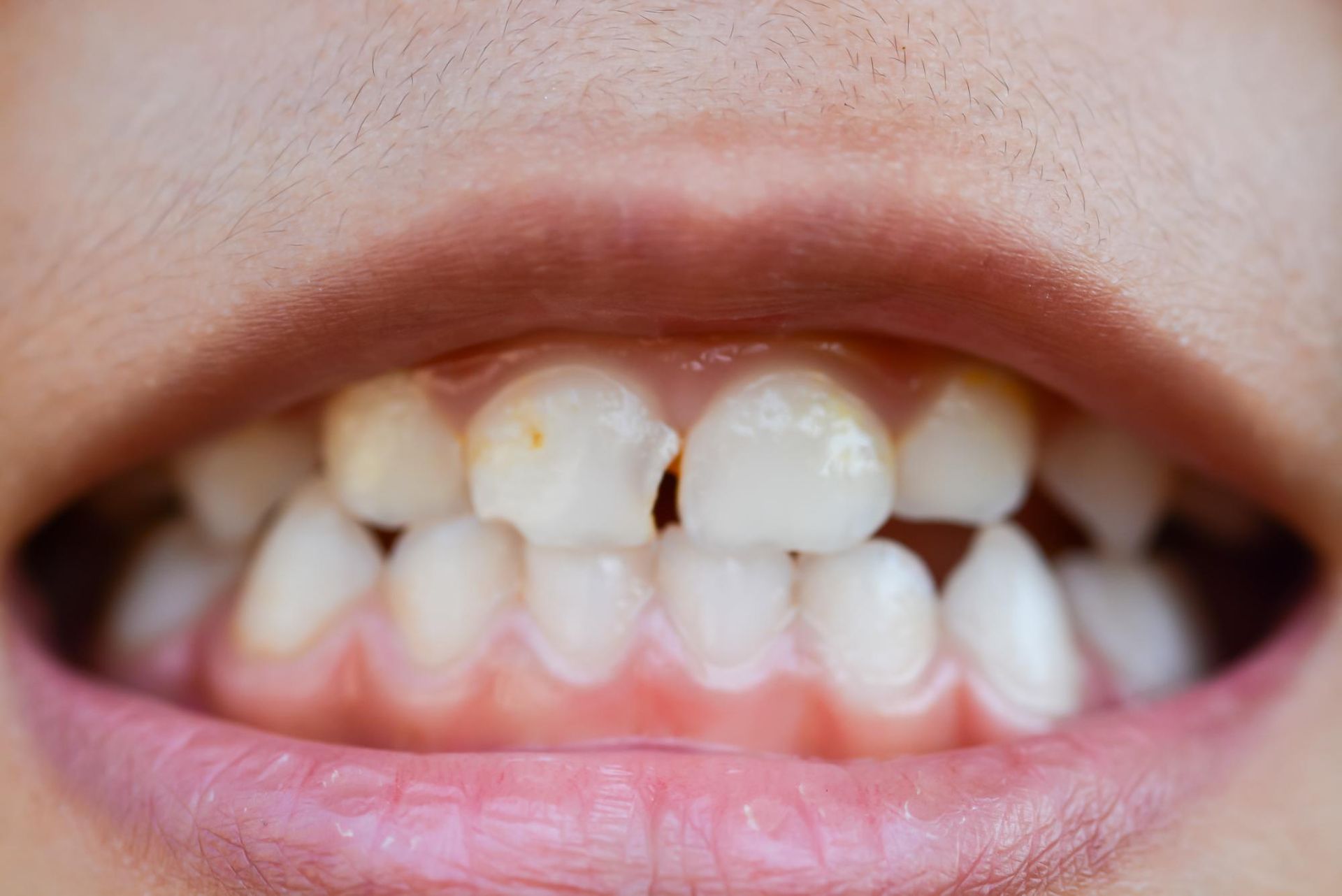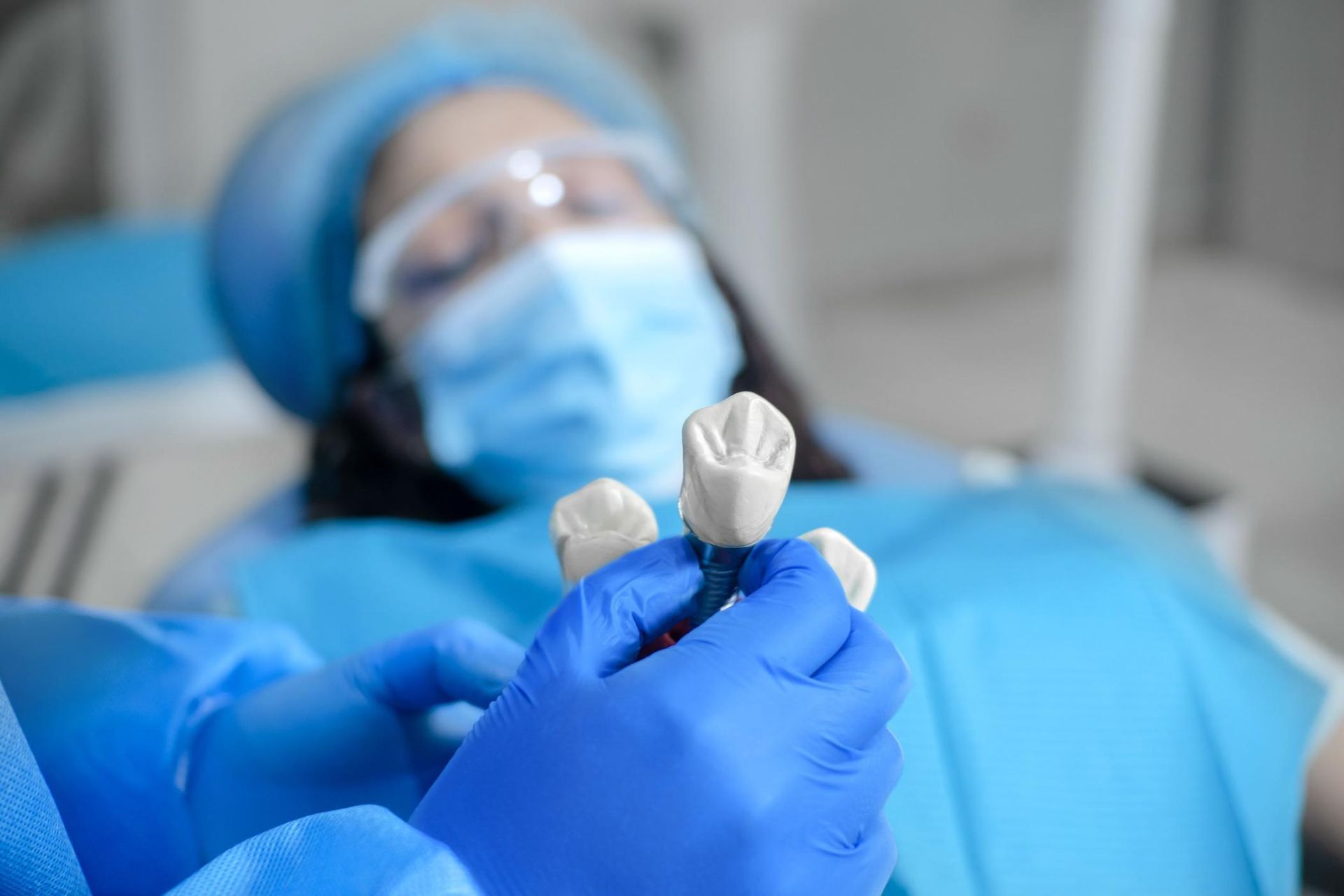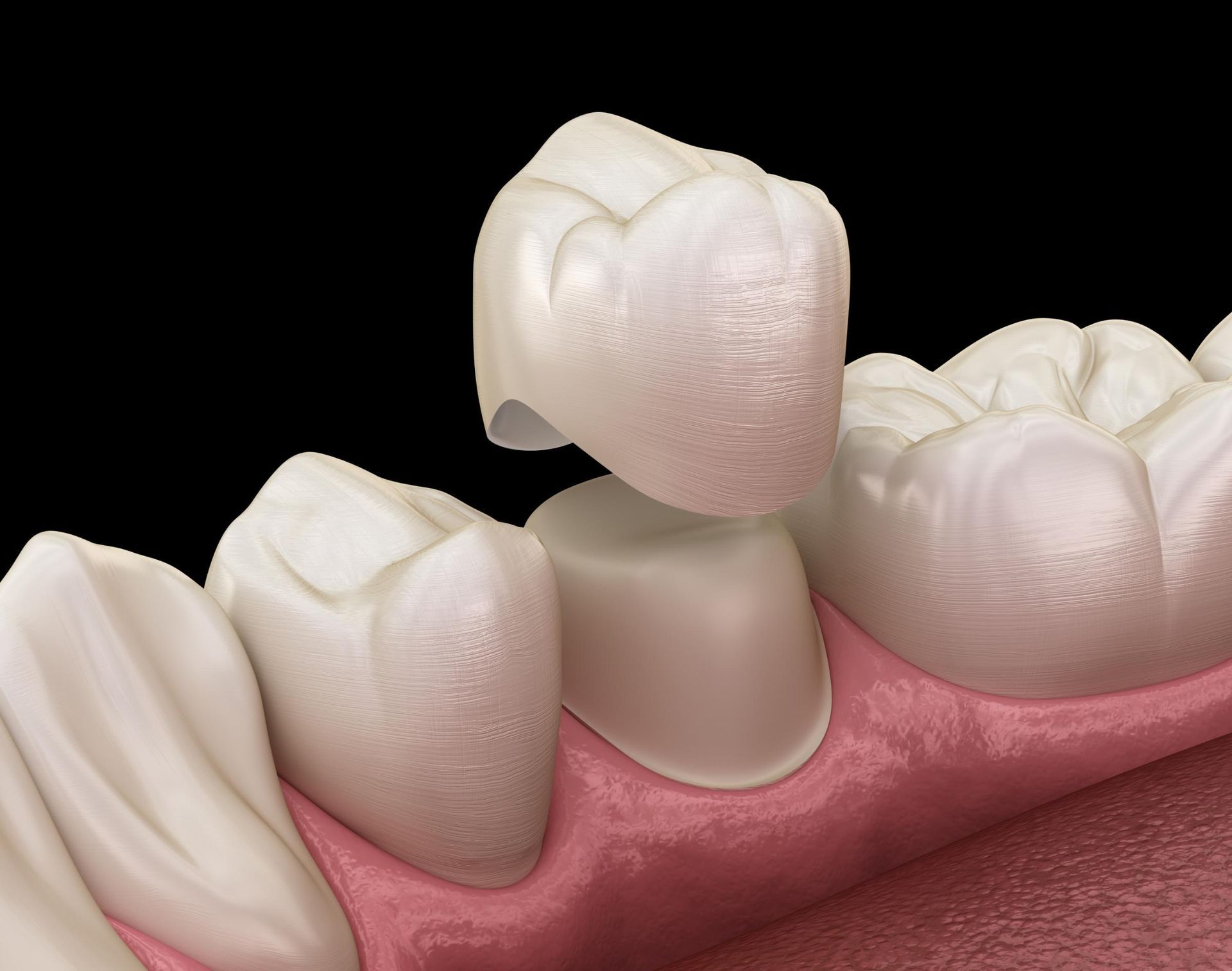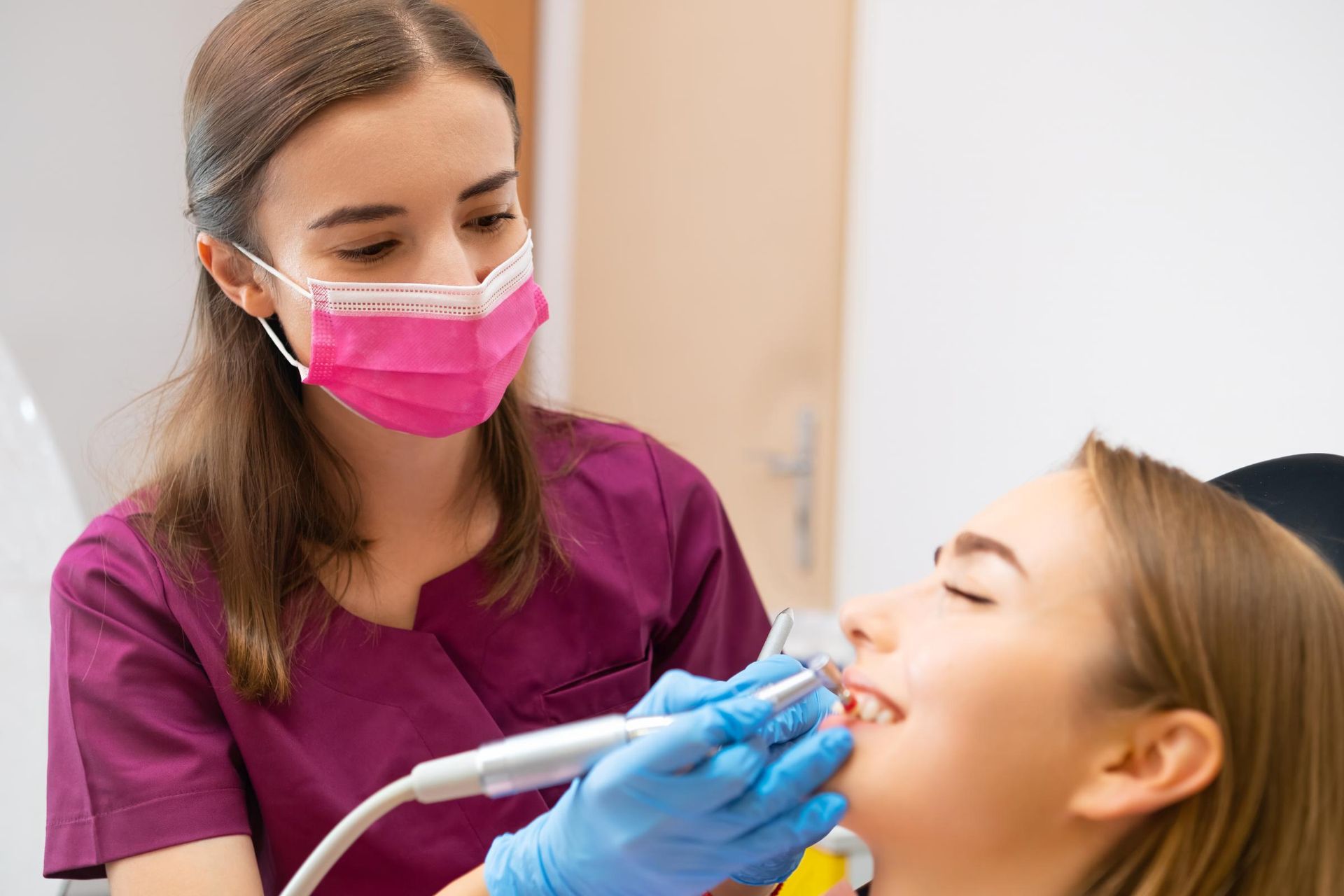(520) 365-0559
7520 N Oracle Rd Suite 200, Tucson, AZ 85704
Serving all of Tucson & Surrounding Areas
Do I Need Periodontal Maintenance Forever? | Essential Facts & Guidance

Do I need periodontal maintenance forever? If you’ve had gum disease, the answer is yes. Periodontal maintenance is essential to manage and prevent the return of gum problems. This article will explain why ongoing care is necessary and what to expect from it.
Key Takeaways
- Periodontal maintenance is essential for patients with a history of gum disease, involving deeper cleaning procedures to manage and prevent the recurrence of periodontal issues.
- Lifelong periodontal maintenance is often necessary due to the chronic nature of gum disease, requiring regular professional cleanings to ensure stable gum health and prevent complications.
- The frequency of periodontal maintenance appointments typically ranges from every three to four months, tailored to individual needs based on the severity of gum disease and effectiveness of home care.
Understanding Periodontal Maintenance
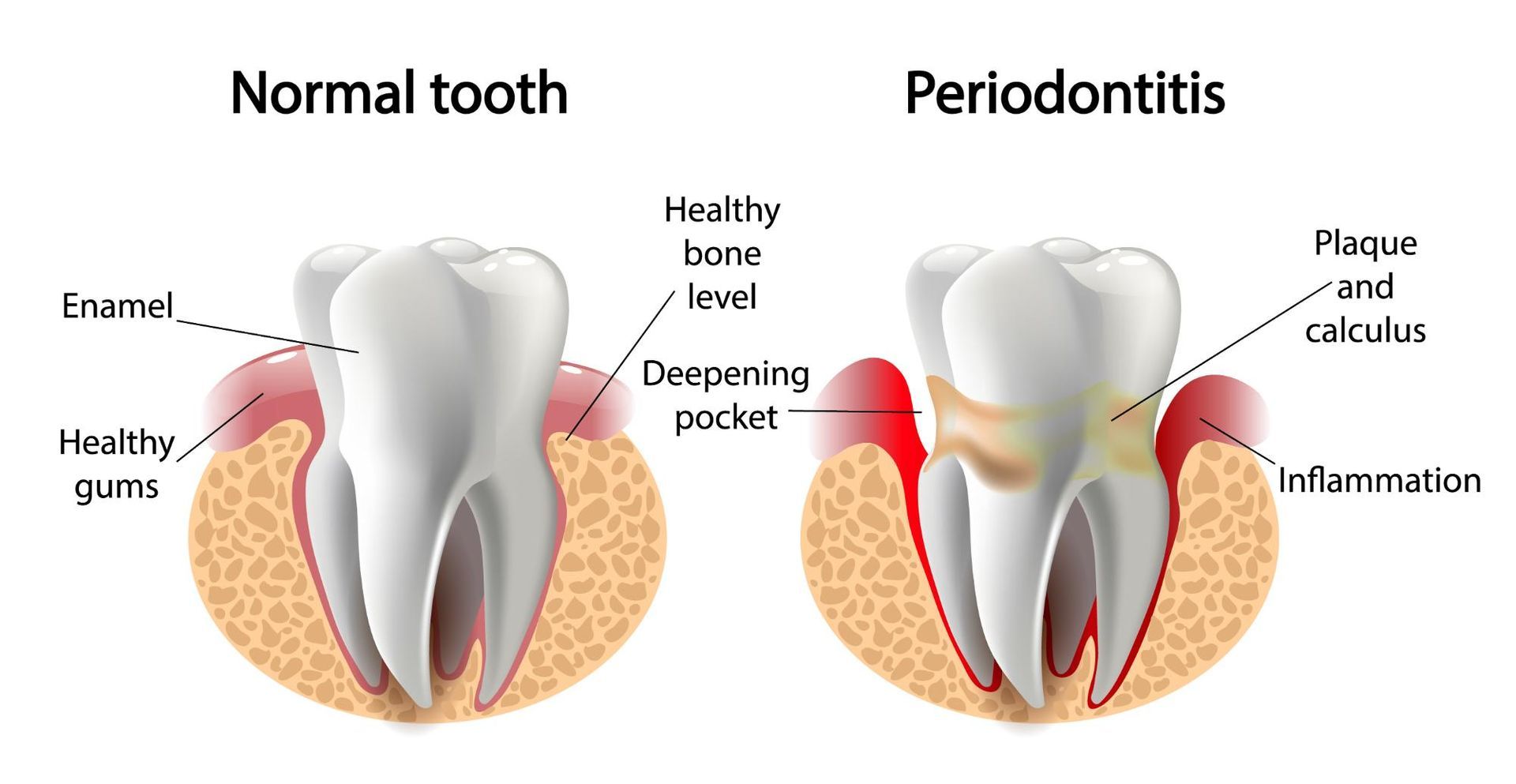
Periodontal maintenance goes beyond routine cleaning; it’s a prescribed treatment for those who have experienced gum disease and may require periodontal therapy. This specialized care preserves oral health by preventing gum problems from recurring and managing the progression of periodontal disease. Recognizing its importance promotes a proactive approach to dental care, helping prevent potential issues that could compromise your gum health.
Periodontal maintenance involves deeper and more thorough procedures compared to routine cleanings, ensuring that residual bacteria and tartar below the gum line are effectively managed and reducing the risk of further complications.
Definition and Purpose
Periodontal maintenance cleaning is a specialized cleaning for patients with a history of periodontitis, essential for managing gum disease and maintaining periodontal stability. Unlike regular cleanings, which are preventive, this targeted approach controls the progression of gum disease and prevents its recurrence.
A periodontal maintenance appointment involves a comprehensive examination of your gums, teeth, and oral tissues. This includes removing tartar buildup through scaling and root planing, which cleans the roots of teeth to remove plaque, tartar, and bacteria below the gum line.
Differences from Routine Cleanings
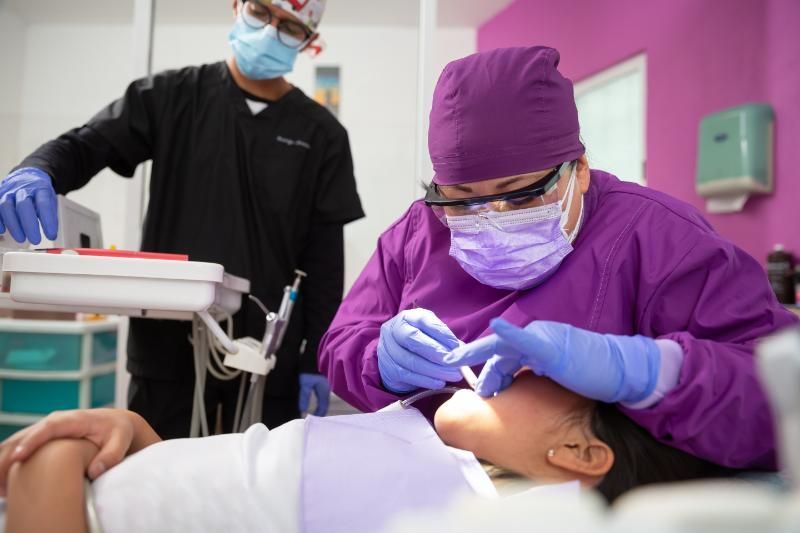
Many people confuse periodontal maintenance with routine cleanings, but they serve different purposes. Routine cleanings are preventative measures for individuals with healthy gums, aimed at maintaining cleanliness and preventing disease. In contrast, periodontal maintenance is prescribed for patients with diagnosed gum disease and involves more intensive cleaning to manage and control the condition.
Periodontal maintenance, also known as deep cleaning, requires specialized attention from a dental hygienist and often involves more frequent appointments. This targeted approach is crucial for those with gum disease to prevent further complications and maintain oral health.
The Necessity of Lifelong Periodontal Maintenance
The notion of needing periodontal maintenance indefinitely might seem daunting, but it is often necessary for those diagnosed with periodontal disease. This chronic condition requires ongoing care to prevent its progression and manage symptoms effectively. Lifelong need periodontal maintenance forever ensures stable gum health and addresses any issues promptly.
Individuals who have undergone treatments for gum disease, such as scaling and root planing or periodontal surgery, find regular maintenance essential to their dental care routine. This continuous care prevents the reoccurrence of gum problems and maintains overall oral health.
Chronic Nature of Gum Disease
Periodontal disease is a chronic infection of the gum tissues that can persist for a lifetime if not properly managed. Frequent periodontal maintenance controls bacterial growth and prevents the disease from worsening. This ongoing treatment monitors gum health, controls inflammation, and prevents further deterioration of gum tissue and bone supporting the teeth.
Regular maintenance visits also help prevent systemic health issues. Poor gum health can exacerbate conditions like heart disease, stroke, and diabetes due to systemic inflammation. Therefore, maintaining healthy gums is important for both oral health and overall well-being.
Preventing Recurrence
Preventing the recurrence of gum disease is a primary goal of periodontal maintenance. Regular appointments allow dental professionals to assess your gums’ health and intervene before serious issues develop. This proactive approach maintains the improvements achieved through initial treatments and ensures continued oral health.
Self-examination complements professional care. Regularly checking for symptoms like swollen or bleeding gums helps in early detection and prompt treatment of potential issues. Staying vigilant and adhering to a consistent home care routine significantly reduces the risk of gum disease recurrence.
Frequency of Periodontal Maintenance Appointments

The frequency of periodontal maintenance appointments is crucial for managing gum disease effectively. Typically, these cleanings are recommended four times a year, or every three months. This regular schedule controls bacterial growth and prevents the progression of periodontal disease, ensuring healthy gums.
The exact frequency can vary based on individual needs and the disease’s severity. Some patients may require more frequent visits, while others might manage well with fewer appointments. Your dental professional will recommend the best schedule for your specific situation.
Recommended Intervals
Before:
Most dental professionals recommend scheduling periodontal maintenance appointments every three to four months. This interval is optimal for removing plaque and tartar buildup before it can cause significant harm to the gums. Adhering to this schedule helps patients effectively manage their periodontal health and prevent the recurrence of gum disease.
After:
Most dental professionals recommend scheduling periodontal maintenance appointments every three to four months.
This interval is optimal for:
- Removing plaque and tartar buildup before it can cause significant harm to the gums
- Effectively managing periodontal health
- Preventing the recurrence of gum disease
The frequency of these appointments is tailored to each patient’s needs, ensuring personalized care. Regular cleanings at these intervals maintain the improvements achieved through initial treatments and ongoing care.
Factors Influencing Frequency
Several factors influence how often you might need periodontal maintenance. The severity of your periodontal disease is a significant determinant. If your condition is more advanced, you may require more frequent cleanings to keep it under control. Additionally, the effectiveness of your home care routine plays an important role.
Patients who maintain excellent oral hygiene at home might need fewer professional cleanings compared to those who struggle with consistent care. Your overall oral health and specific needs will guide the frequency of your maintenance appointments.
What Happens During a Periodontal Maintenance Appointment
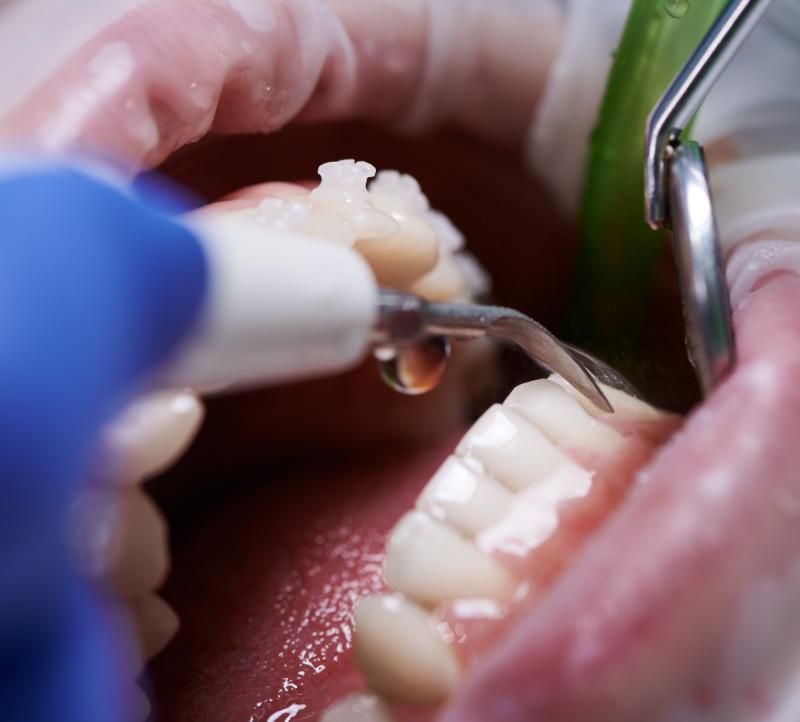
A periodontal maintenance appointment involves several critical steps to ensure your gums and teeth remain healthy. The process typically includes a thorough examination and assessment of your gum health, followed by deep cleaning procedures to remove plaque and tartar buildup. The appointment usually lasts around 60 minutes and includes scaling and polishing to prevent plaque adherence.
These appointments are essential for ongoing periodontal health, preventing infections and managing tartar buildup effectively. Understanding what happens during these visits helps you be better prepared and more proactive in your dental care.
Examination and Assessment
The examination during a periodontal maintenance appointment is crucial for monitoring your gum health. Your dental professional will measure the depth of your periodontal pockets to assess the condition of your gums, identifying any areas that might need additional care or treatment to manage your periodontal health effectively.
Deep Cleaning Procedures
Deep cleaning procedures, including scaling and root planing, are key components of periodontal maintenance. These procedures effectively remove tartar and bacteria from below the gum line, essential for preventing the progression of gum disease. Scaling removes plaque or tartar buildup, while root planing smooths the roots of the teeth to eliminate hidden bacteria and calculus.
Local anesthesia may be required to numb the area during root planing to ensure comfort. While patients might experience mild discomfort during or after the deep cleaning, the benefits far outweigh the temporary inconvenience. An initial deep cleaning usually requires two visits to complete the procedure effectively.
Personalized Care Instructions
After your periodontal maintenance appointment, you will receive personalized care instructions tailored to your specific needs. These instructions are crucial for maintaining your gum health between professional cleanings.
Following the tailored advice helps support your periodontal health and reduce the risk of gum disease recurrence.
Managing Periodontal Health at Home

Managing periodontal health at home is crucial for preventing gum disease and maintaining overall oral health. A consistent home care routine, including daily oral hygiene and dietary considerations, plays a significant role in sustaining periodontal health. Regular monitoring of your gum health is also essential to catch potential issues early.
Taking proactive steps at home complements the care received during professional periodontal maintenance appointments, ensuring long-term gum health.
Daily Oral Hygiene Routine
A daily oral hygiene routine is vital for maintaining periodontal health and preventing gum disease. Brushing your teeth at least twice a day with fluoride toothpaste ensures that all surfaces are cleaned effectively. Additionally, flossing daily removes plaque and food particles from between your teeth where a toothbrush cannot reach.
Using an antimicrobial mouthwash provides an extra layer of protection by reducing plaque, gingivitis, and bad breath. Integrating these practices into your daily routine significantly enhances gum health and prevents the recurrence of periodontal issues.
Dietary Considerations
Your diet significantly impacts your periodontal health. A diet rich in whole foods, fresh fruits, and vegetables supports gum health and helps mitigate inflammation. Adding omega-3 fatty acids to your diet from sources like fatty fish and nuts can help reduce inflammation and enhance overall gum health.
Probiotic-rich foods, such as yogurt and kimchi, help maintain a balanced oral microbiome, beneficial for gums. Making mindful dietary choices supports your periodontal health from the inside out.
Regular Monitoring
Regular monitoring of your gum health is crucial for managing periodontal disease effectively. Scheduling regular periodontal maintenance appointments helps prevent the recurrence of gum disease symptoms and keeps your oral health in check. The frequency of these appointments varies based on individual needs and the severity of gum disease.
In addition to professional care, self-monitoring is essential. Pay attention to signs of gum disease, such as bleeding, swelling, or changes in gum color. Maintaining a daily oral hygiene routine, along with a healthy diet, is crucial for managing gum disease at home.
Staying vigilant and proactive helps in effectively managing your periodontal health.
Costs and Insurance Coverage for Periodontal Maintenance

Understanding the financial aspects of periodontal maintenance is crucial for planning ongoing dental care. The costs associated with these procedures can vary, but they generally fall within a specific range. Additionally, insurance coverage can significantly impact out-of-pocket expenses.
Knowing these details helps you budget and make informed decisions about periodontal care.
Typical Costs
Periodontal maintenance cleanings typically range from $150 to $200 per session, varying based on the dental practice and location. Understanding these expenses is essential for budgeting your dental care and ensuring consistent treatment.
Regular maintenance visits, generally priced between $100 and $200 each, are a worthwhile investment in long-term oral health.
Insurance Coverage
Most dental insurance plans cover periodontal maintenance as part of their standard coverage. However, the extent of coverage can vary significantly between different plans and providers. Some policies may limit the number of periodontal maintenance visits covered annually, affecting out-of-pocket costs. Reviewing your specific dental insurance plan helps understand coverage details and potential limitations.
Even with insurance, patients may still have some out-of-pocket expenses for periodontal maintenance. These costs can include co-pays or portions of the treatment not fully covered by insurance. Being aware of your policy’s specifics can help you better manage your periodontal care costs and avoid unexpected expenses.
Summary
In summary, periodontal maintenance is an essential, lifelong commitment for those diagnosed with periodontal disease. Its role in preventing the progression and recurrence of gum disease cannot be overstated. Understanding the procedures involved, the importance of regular appointments, and how to manage your periodontal health at home are key steps in maintaining your oral health. By staying proactive and informed, you can ensure that your gums remain healthy and avoid potential complications.

Frequently Asked Questions
What are permanent dentures?
Permanent dentures, or implant-supported dentures, are securely attached to the jawbone, effectively replacing missing teeth and restoring essential functions like chewing and speaking. They offer a long-lasting solution for individuals seeking dental restoration.
How long does the dental implant surgery process take?
Dental implant surgery can take several months to complete, primarily due to the osseointegration phase where the jawbone fuses with the implant. This ensures a stable and long-lasting result.
What should I expect during the recovery period after implant surgery?
During the recovery period after implant surgery, you can expect pain and discomfort, which can be effectively managed with prescribed medications. Additionally, using cold packs can help reduce swelling, and adhering to your dentist's care instructions is crucial for a smooth recovery.
Are there any foods I should avoid with permanent dentures?
You should avoid hard and sticky foods with permanent dentures to prevent damage, especially during the adjustment period. Prioritizing softer foods will help ensure your dentures remain intact and comfortable.
What are the potential risks of dental implant surgery?
The potential risks of dental implant surgery include pain, discomfort, infection, inflammation, and the possibility of implant failure. With appropriate care and attention, these risks can be effectively minimized.


Ready to Experience Exceptional Dental Care?
Your journey towards a healthier, brighter smile starts here. Call us today at (520) 365-0559 to schedule your appointment or request a consultation online. Join the Casas Adobes Dentistry family and let us take care of your dental needs with the compassion and expertise you deserve.


Contact Information
Request an Appointment
For more information about our services or to schedule an appointment, call us at (520) 365-0559 or complete the form below we’ll get back to you as soon as we can.
We are on Oracle Rd. just north of Ina Rd in the same complex as Retina Associates which you can see on the right when you are traveling north. We are south of Suffolk Dr. on the East side of Oracle Rd. You may have to make a U-Turn when traveling south from Magee Rd
Popular Services
Quick Links
All Rights Reserved | Casas Adobes Dentistry
